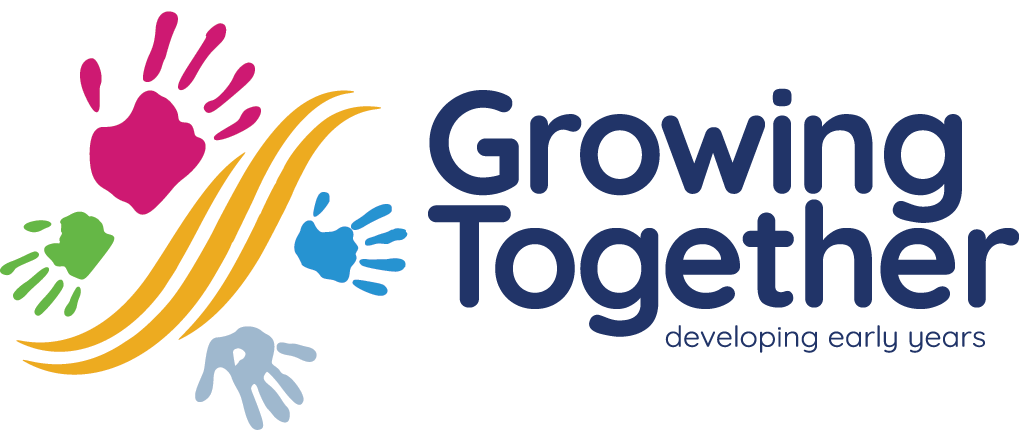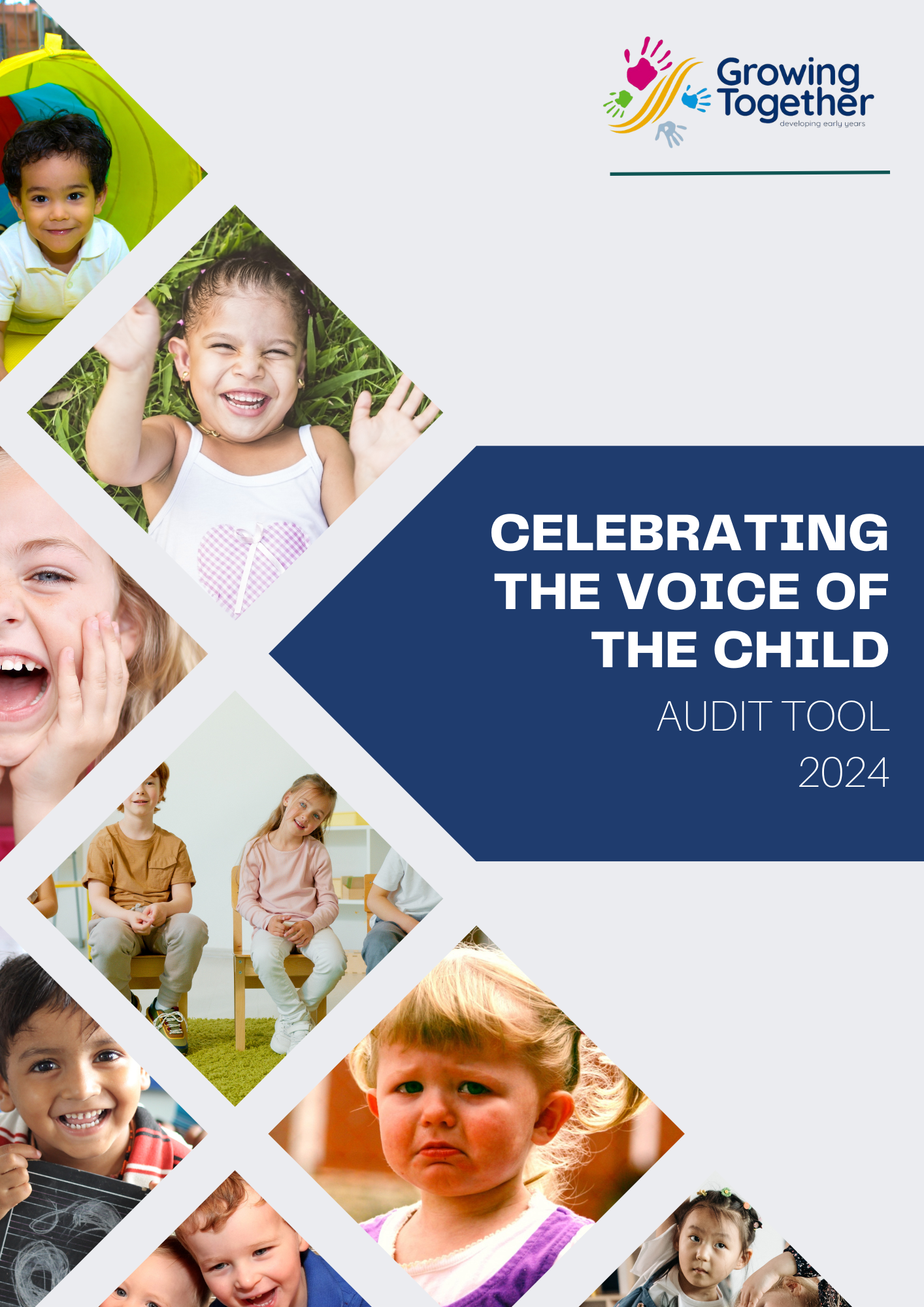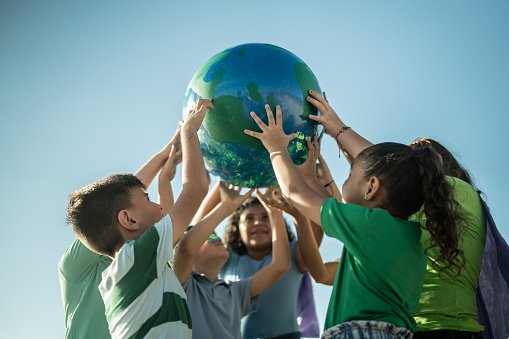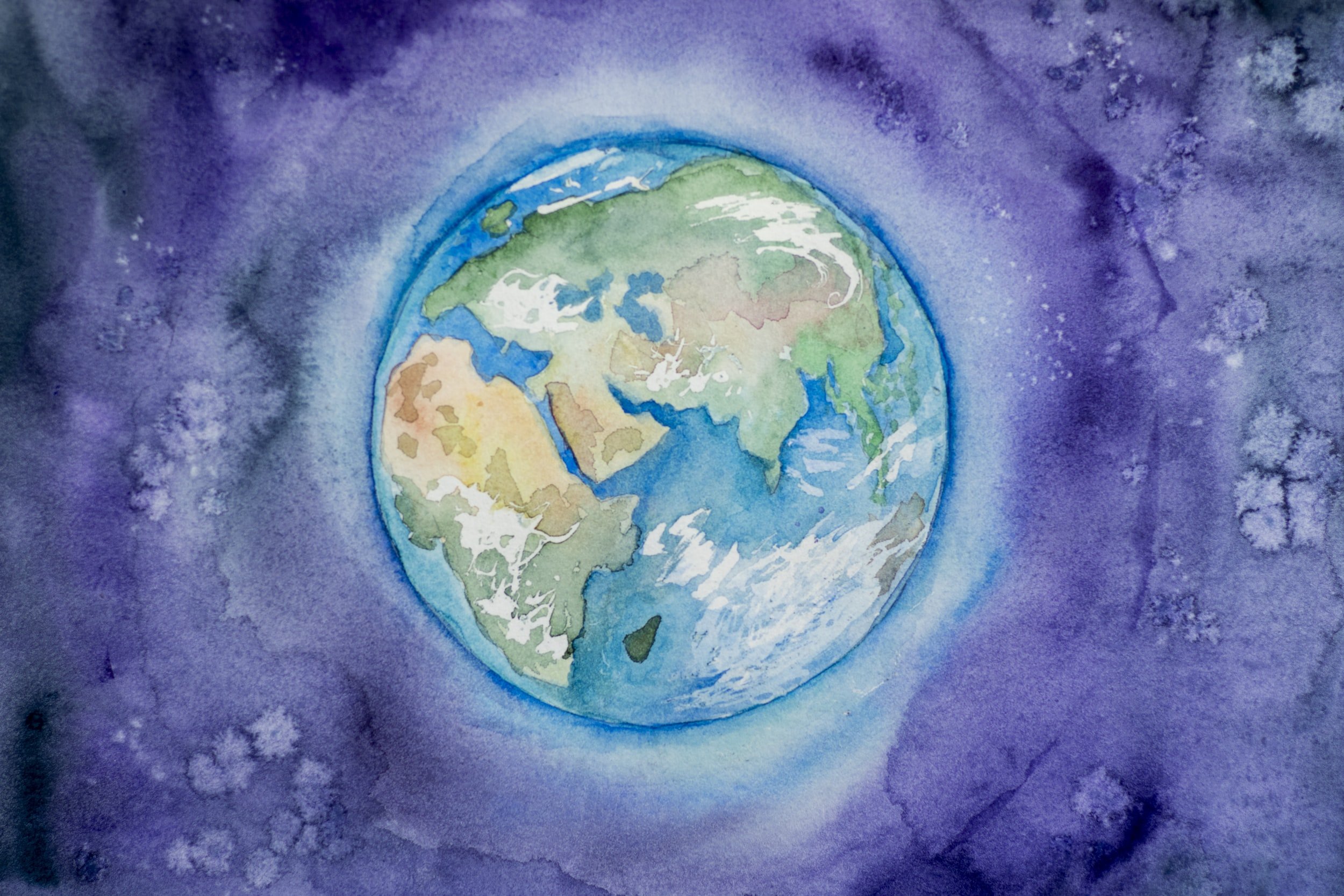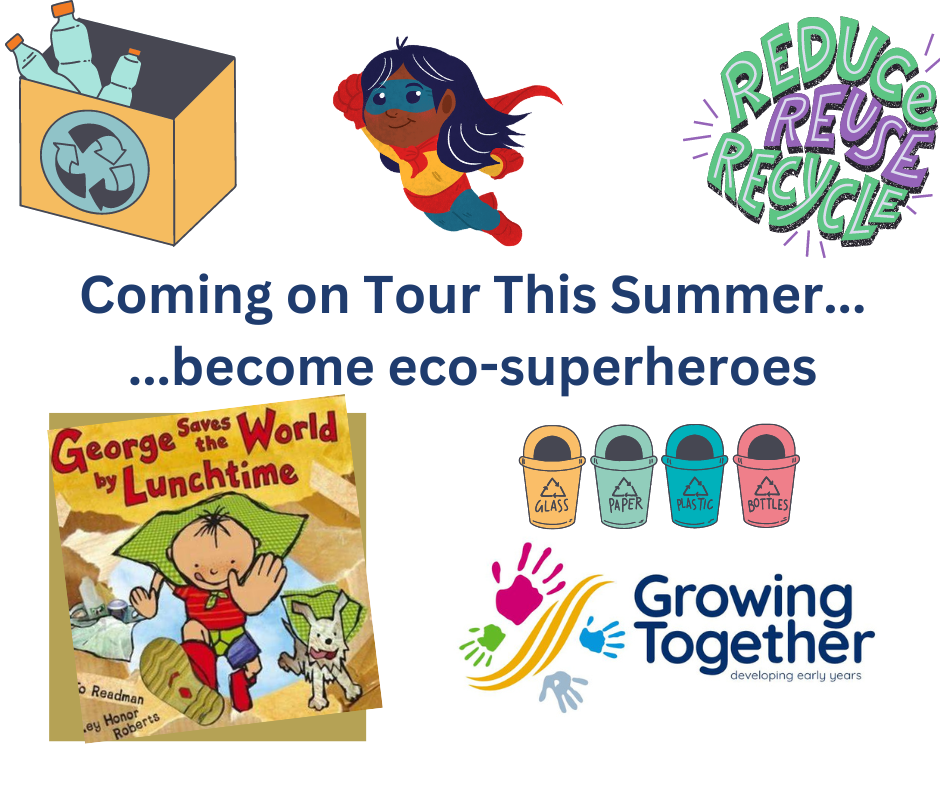10 Top Tips for Helping Children to Settle into a New Academic Year
With September just around the corner and the summer nearly over, we thought we would share our top ten tips for helping children to settle into their new class or room this September.
With September just around the corner and the summer nearly over, we thought we would share our top ten tips for helping children to settle into their new class or room this September. Whether you have completed visits to other settings, home visits, all about me books, or settle sessions. Or feel like you haven’t quite done enough yet. There are still practical things that we can do in the first few days to help children to settle quickly into the new year.
1. Make sure that all children have a named peg (or photo on a peg) for their first day to help them feel settled and like they belong.
2. Set-up an activity or guide them to an area of the room based on what you know about their likes and interests. For example, on the get to know you teacher day, Amelia’s mum said she loves to play with babies at home. On her first day make sure that the babies are out in the role-play area for her to play with.
3. For children who have English as an Additional Language make sure that you know keywords in their home language or have pictorial cards to help them communicate. For example, toilet, home, snack, food, drink. To ensure that they are able to communicate their basic needs with you.
4. Spend time in the first few days establishing the routine with your children. Use a visual time table to help the children know what is coming next in the day.
5. Try and ensure the same person if possible greets them in their first week, offering consistency and a familiar face.
6. Take time to agree class or room rules alongside the children, giving them ownership for the space as co-owners. Not an adults space that they are stepping into.
7. Spend time with children 1 on 1 and in small groups to help establish good positive relationships early on. For example, it might be sharing a book together or sitting and drawing together.
8. For children with special educational needs or disabilities, ensure that you have planned and prepared as a team how you are going to meet their needs. If they need additional support with tasks - what will that look like? Who will lead this?
9. Ensure that you have an environment, resources and interactions that promote emotional literacy. For example, emotion resources, opportunities to talk with children about how they might be feeling. Some children may not have the vocabulary yet and might need resources to help them communicate with others there feelings.
10. Get the parents to send in a photo from home of something that the children have done over the summer holiday’s. This can be a great talking point and then can be displayed or made into a book of our summer holiday’s.
What are your top tips for helping children to settle into a new room or class this September? We would love to hear them.
Ideas of ways your nursery can support Earth Day
Earth day is a day that gets celebrated around the world every year, and it is a great time for reflection and education about climate changes, environmental issues and looking after the planet that we live on…
What is Earth Day?
Earth Day is a day that gets celebrated around the world every year, and it is a great time for reflection and education about climate changes, environmental issues and looking after the planet that we live on. Earth Day is an opportunity to explore topic such as, what does it mean to invest in our planet and why should we be sharing this with children in early years settings? Also, how can we share this important message with children in early years settings?
What does it mean to invest in our planet for earth day?
[ED2023 Promo Video - downloaded from www.earthday.org]
Earth day is one of the largest environmental movements and you can find out more about all off their amazing work here. Investing in our planet is about promoting sustainability, love for the world that we live in, going green being a necessity and thinking about the ways that we can develop climate literacy to address the problems our planet faces.
Why should we be sharing and promoting earth day in early years settings?
I passionately believe that we as early years educators should be investing in the education of our children that goes beyond the basis of the Early Years Foundation Stage or our National Curriculum. We should be talking about the big issues, the change that needs to happen in the world, because children are the future. I know it sounds corny, but it is true, this will be there planet far longer then it is ours and we have a duty to teach our children about sustainability, about taking care for the planet and climate changes that are happening.
Sometimes we can shy away from talking about the big issues with children, saying they are only children. But if we begin to teach them messages from a young age, such as we are recycling our plastic to look after the world. It will put in place habits that will support children throughout their lives and teach them valuable lessons. We just need to be teaching messages in an age-appropriate way, for example, we do a litter pick and we talk about how rubbish hurts the animals and the environment.
How can we share the important message of earth day?
There are many ways that we can share the message of earth day in early years settings, and here are 10 ideas:
1. Set up a recycling centre role-play areas – this gives the children the opportunity to practise their recycling skills and act out their experiences with others.
2. Share books about sustainability and looking after the earth such as George Saves the World by Lunchtime, Michael Recycle, Marli’s Tangled Web, The Journey of a Plastic Bottle and so on.
3. Organise a community litter pick.
4. Plant your own vegetables in the garden.
5. Walk to school, preschool or nursery for the week to reduce carbon emissions.
6. Plant a tree at your early years setting.
7. Create earth day posters about how we can look after the world.
8. Plant some bee friendly plants in the garden.
9. Set up a compost bin in the garden rather than sending waste to the landfill.
10. Shop locally for nursery supplies.
Please note that this blog post was initially written to support Earth Day 2023, but has recently been updated to ensure that it remains up to date and useful.
George Saves the World by Lunch Time
We will be touring the East of England with our 45 minute - an hour session based on the story, ‘George Saves the World by Lunchtime’. A session filled with puppets, stories, role-play, parachute games, crafts and becoming our very own eco superheroes.
Prices start from £75
Opportunities for scientific learning through cooking
Our third blog in our series for British Science Week 2023 is looking at how we can support scientific learning through participating in cooking and baking activities with children in the early years. Cooking with children is a great way of support scientific learning, from making observations, working collaboratively and developing their language skills…
In this blog we are looking at how we can support scientific learning through participating in cooking and baking activities with children in the early years. Cooking with children is a great way of support scientific learning, from making observations, working collaboratively and developing their language skills. To support specific knowledge applied to STEM (Science, Technology, Engineering and Mathematics); through hands-on practical life experiences. For example, measuring ingredients whilst cooking, learning about cause and effects, liquids and solids, changes in materials and so on.
Baking Bread with Children
Baking bread with children in early years settings used to be one of my all time favourite cooking activities to do. It is rich with supporting so many areas of learning across the EYFS (Early Years Foundation Stage), from working on those physical skills, hand-eye coordination, muscles development in arms and hands for writing, to supporting mathematical learning whilst they measure ingredients. But additionally baking bread is great for children who are learning about changes over time and cause and effect. As they learn to make observations and talk about what they see, for example, the dough rising (or growing) before popping it in the oven. The change between the dough and the cooked bread. There are lots of opportunities here for children to develop those all important STEM skills that we talk about and make connections between their observations.
Or the simple observations of the reaction that happens with yeast, warm water and sugar. Have you ever mixed your yeast with warm water in a bottle and placed a balloon over the end to see what happens? As the yeast reacts with the sugar, it lets of the gas of carbon dioxide and inflates the balloon. Find out more here.
Connections and Cooking
This years theme for British Science Week is connections. Learning about food is a great way for children to make connections in their everyday discoveries. Everyone needs food and food can be a fantastic way of opening the doors to many other areas of learning and development. For example, the British Science Week Activity Pack shares an early years activity idea for how does food get to our plate. Click here to learn more.
Cooking with children is a great way to open up discussion around food, where does it come from? How do we make the flour to go into our cakes? An endless amount of questions and opportunities that can be extended in a variety of ways from learning about how a flour mill works to planting your own vegetables in the garden to use whilst cooking. This is one of the fantastic things in the early years, we can ask those questions alongside the children, become curious learners with them and develop our own ideas.
As well as the endless connections children are going to develop whilst participating in cooking activities and learning about the ingredients, carrots are hard - tomatoes are soft. Learning about how sugar dissolves in warm water, or how mixtures change over time e.g. a cake mixture goes from a liquid consistency to a solid. What an amazing awe moment for a 2 year old? They are physically learning so much about cause and effect through these activities.
2 More Things to Try Cooking this British Science Week
Chocolate Shredded Wheat Nests
Observe and talk about:
What happens to the chocolate when it gets warm?
Why is the chocolate melting?
What will happen if we put them in the fridge?
What happens to the chocolate when it cools down?
Vegetable Soup
Observe and talk about:
Where do all the vegetables used come from?
Talk about vegetable properties, how do they grow?
Talk about what happens to the vegetables as you cook them.
How does the soup change in consistency?
This blog was originally published for British Science Week 2023 and was updated September 2025. We regularly review our blog posts to ensure that they are up to date and remain useful.
